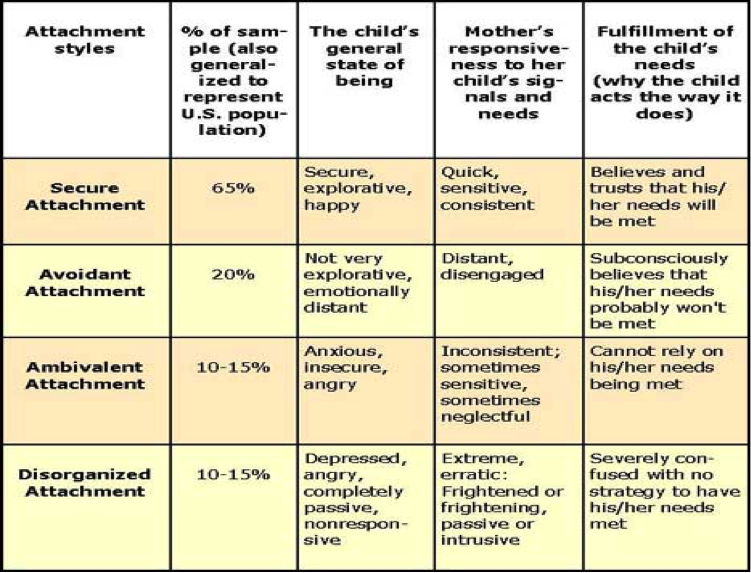I was lucky enough to attend the Manaiakalani annual hui along with syndicate leaders and the DP from my school.
It was awesome to see the ambassadors present about their learning.
Later on during the day, Rebecca Jessen who does research on Manaiakalani presented her findings from the past year.
Here are some key points from her slideshow.
Todays site link
It was awesome to see the ambassadors present about their learning.
Later on during the day, Rebecca Jessen who does research on Manaiakalani presented her findings from the past year.
Here are some key points from her slideshow.
Todays site link
For me, this is not necessarily a negative graph. Having very little individual teaching is not a bad thing. Culturally responsive pedagogies encourage a lot of group work and interaction. All of my teaching (except for high needs students) is done in groups or whole class situations.
As I am currently teaching year 5-6, I am looking at the green columns.
In order of most time spent to least time spent, teachers of year 3-6 spend a lot of time conferencing with students, having Q&A time, using a L/model (lecture model where teacher stands at the front of the class and students receive information), explicitly instructing and finally roving (walking around checking students while they work).
Rebecca pointed out that all of these different teaching activities are important, it is the balance that is important.
I feel that there is a good balance in the year 3-6 category.
I feel this is a fair representation of my teaching this year as well, although my teaching was not observed to collect this data.
For schools built on collaboration, it was a bit shocking to see that the 'none' column had more data than three other columns.
Are we doing less collaboration? If so, why?
I know for my own teaching, my students mostly collaborate using 'My Work Discussion' and 'our work both using computer' models. They don't really comment on each others work unless explicitly told to do so. Is this because I haven't encouraged it? Do they like receiving feedback from each other? Do they even want feedback from peers such as a comment on a doc?
It is a skill they should be able to do that will be useful later in life once they are in workplace environments. Taking positive and negative feedback from your peers as well as somebody superior to you (i.e. teacher, boss) is a hard thing to be able to do. I will think about how I can integrate this into my programme more.
Now I like to think that I give my students a lot of choice in their learning, and that they use that trust and responsibility wisely. I found it interesting that the biggest choice students (in this data set anyway) got, was who they worked with. As a teacher, honestly, that is the easiest choice to give them. Giving them choice over the topic, text, task and order of tasks, means a lot more work for you as the teacher. A lot more planning. A lot more time. I can see why these would be the least seen choices for students. Not saying this is right, but I understand why it is like that.
I am proud that Ottilie and I have been giving out students choice in maths (topic agency) at least.
I am proud that Ottilie and I have been giving out students choice in maths (topic agency) at least.
There is nothing on this slide that is not important. They are all important to do in the classroom.
It's about balance.
I completely understand this graph. We use APK to gather what they know, explicitly teach strategy and then practice the strategy. Makes sense.
What is interesting is the small amount of critical thinking that was happening. Interesting, this was occurring in year 3-6, less so in years 7-8, then not at all in year 9-13. Drive of assessment changing the way we teach and learn? The challenge of different subjects in high school resulting in more direct teaching and less 'wide and deep' learning.. I'm not sure.
These are all important things to reflect on about our own practice and consider moving forward into the next year.
Things to take with me...
It's all about balance - no one teaching strategy will make a great teacher or great learning.
Why has collaboration dropped off since last year? What is causing this? What do students think about this?
How can I encourage more critical thinking, especially as students move into year 6 and beyond?



































